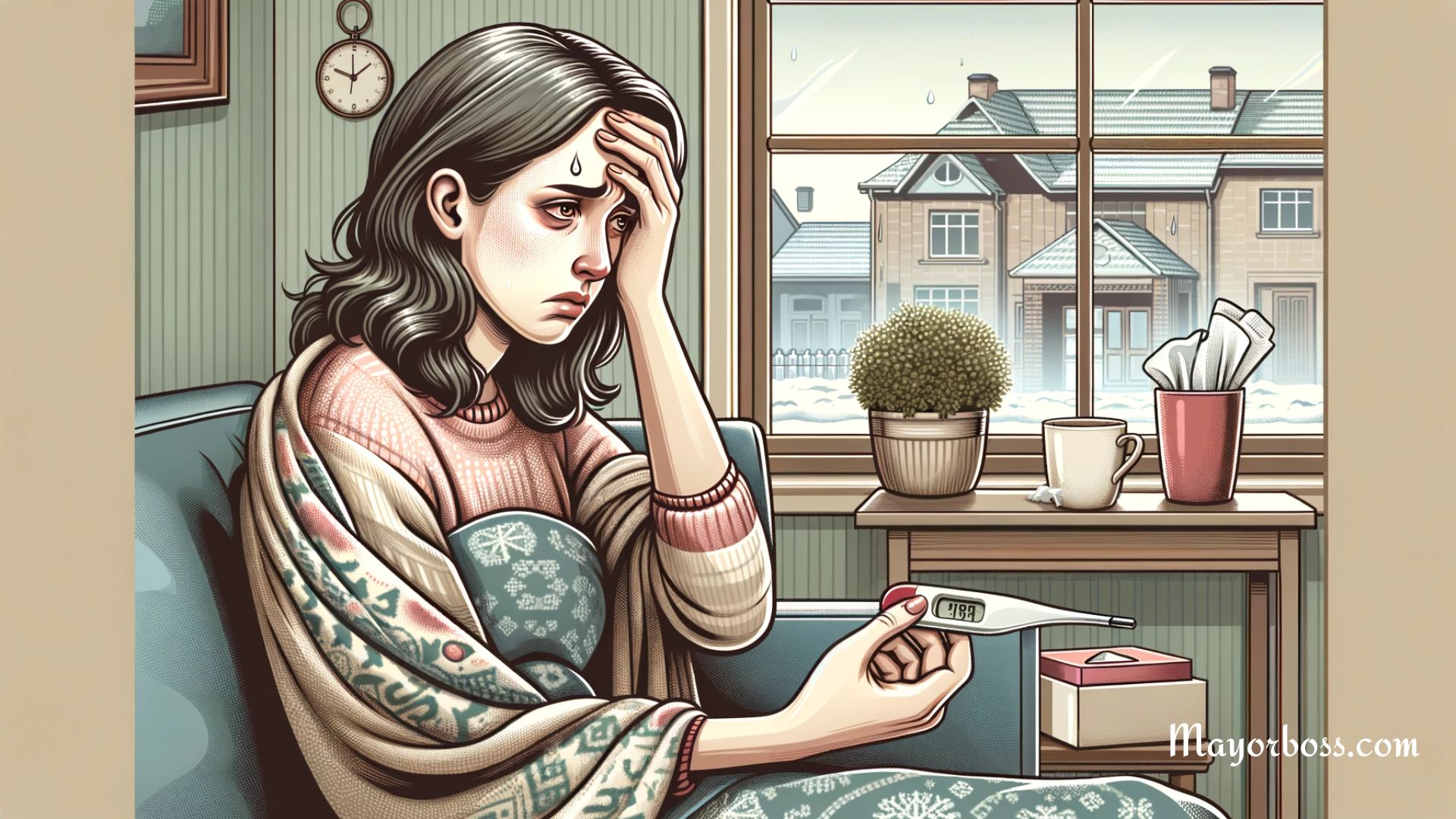8 Symptoms of Pinched Nerves and Their Causes
Pinched nerves can cause a variety of uncomfortable symptoms. They occur when surrounding tissues—such as bones, cartilage, muscles, or tendons—press on a nerve. This pressure disrupts the nerve’s function and can lead to pain, tingling, or numbness. Here are eight common symptoms of pinched nerves, along with their typical causes.

1. Tingling or “Pins and Needles” Sensation
One of the first signs many people notice is a tingling feeling. It may feel like your hand or foot is “falling asleep.” This sensation, also called paresthesia, can come and go or be constant. It usually affects the area served by the compressed nerve.
Common causes include herniated discs, repetitive motions, or poor posture. Carpal tunnel syndrome, for example, can cause tingling in the fingers due to pressure on the median nerve in the wrist.
2. Numbness
A pinched nerve can reduce or block the nerve signals to a specific part of the body. This often leads to numbness. You may notice a loss of feeling in an arm, leg, hand, or foot. Some people also report a lack of coordination or clumsiness.
Numbness is commonly linked to spinal problems, such as degenerative disc disease or spinal stenosis. It may also result from prolonged pressure on a nerve, such as sitting with legs crossed for too long.
3. Burning Sensation
A burning feeling, especially in the arms or legs, may suggest that a nerve is under pressure. This pain may start near the spine and travel down a limb. It can range from mild to intense and often worsens with certain movements.
This type of symptom often stems from radiculopathy, a condition where a spinal nerve root is compressed. A herniated disc pressing against a nerve root in the lower back can cause burning pain down the leg, a condition known as sciatica.
4. Sharp or Radiating Pain
Unlike muscle pain, nerve pain tends to be sharp, shooting, or radiating. You may feel it move along the path of the nerve. For example, pain from a pinched nerve in the neck can spread down the arm.
This type of pain often results from nerve root compression in the cervical or lumbar spine. Repeated strain, injuries, or arthritis may lead to these kinds of nerve compressions.
5. Muscle Weakness
Muscles rely on nerves for movement. If a nerve is pinched, the muscles it controls may become weak. You might drop objects, feel unsteady, or struggle to lift items.
Weakness can happen with long-term nerve compression, especially when the pressure affects motor nerves. Conditions such as carpal tunnel syndrome or a herniated disc in the lower back often cause weakness in the hands or legs.
6. Sensitivity to Touch
In some cases, even light touch or mild pressure can cause pain or discomfort. This symptom is known as allodynia. It occurs when damaged or irritated nerves overreact to stimulation.
This heightened sensitivity is more likely when the pinched nerve causes nerve inflammation. The affected area may feel tender, sore, or overly reactive to contact.
7. Pain That Worsens With Movement
Pinched nerve pain may get worse with specific movements or positions. For instance, turning your head or bending forward might increase the pain. In some cases, even coughing or sneezing can aggravate symptoms.
This is usually a sign that mechanical pressure on the nerve increases with movement. A slipped disc, for example, can become more painful when pressure shifts to the affected area.
8. Feeling of the Limb Being “Asleep” or “Dead”
A pinched nerve can sometimes create a feeling that part of your body is no longer responding normally. The limb may feel heavy, disconnected, or like it has “gone dead.” This feeling is more than just numbness—it can affect how you move and function.
This occurs when the nerve is severely compressed and is no longer sending or receiving signals properly. Prolonged pressure can lead to lasting nerve damage if not addressed.
Causes of Pinched Nerves
Pinched nerves can develop for many reasons. The most common causes include:
- Herniated discs: These occur when the inner gel of a spinal disc pushes through its outer layer, pressing on nearby nerves.
- Bone spurs: Overgrowth of bone, often from arthritis, can narrow spaces where nerves pass through.
- Repetitive movements: Repeated motion from work or sports can strain tissues and compress nerves over time.
- Poor posture: Slouching or sitting incorrectly can increase pressure on the spine and peripheral nerves.
- Obesity: Excess weight can add stress to the spine and joints, contributing to nerve compression.
- Injury: Accidents or trauma can cause swelling or misalignment, placing pressure on nerves.
- Pregnancy: Pregnancy can make a pinched nerve more complicated. If you’re pregnant and you think you have a pinched nerve, you should see a doctor right away. They can help make sure both you and your baby are safe.
When to Seek Medical Help
If you experience any of these symptoms—especially if they last more than a few days—consider seeing a doctor. Early treatment can relieve pressure on the nerve and prevent long-term problems.
A doctor may use physical exams, imaging tests (like MRI or CT scans), or nerve conduction studies to find the source of the problem. Treatment might involve rest, physical therapy, medications, or, in some cases, surgery.






